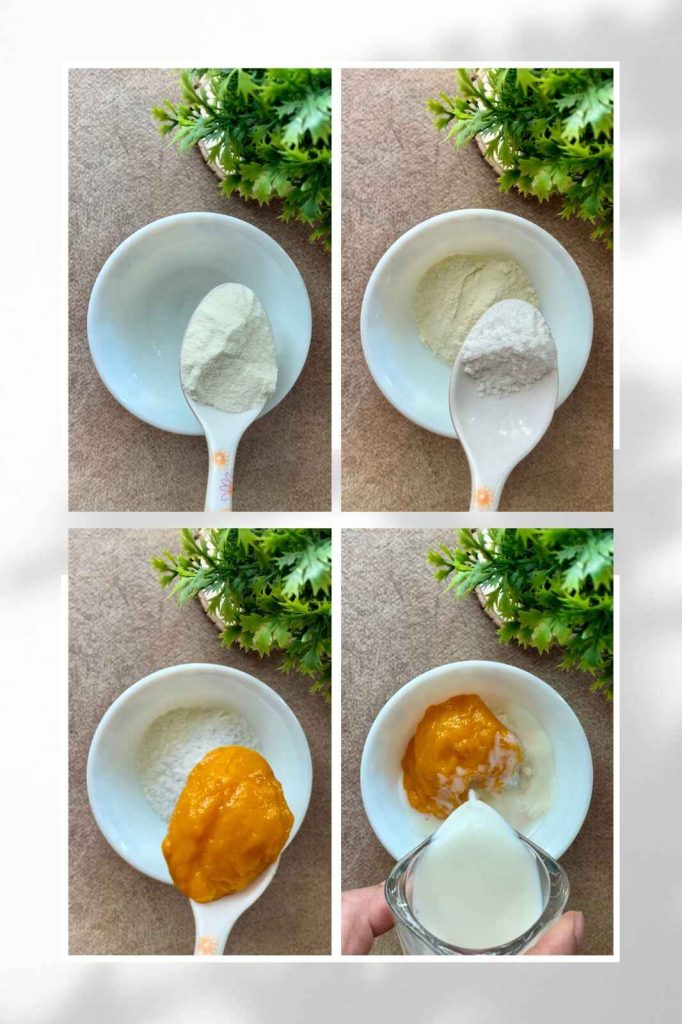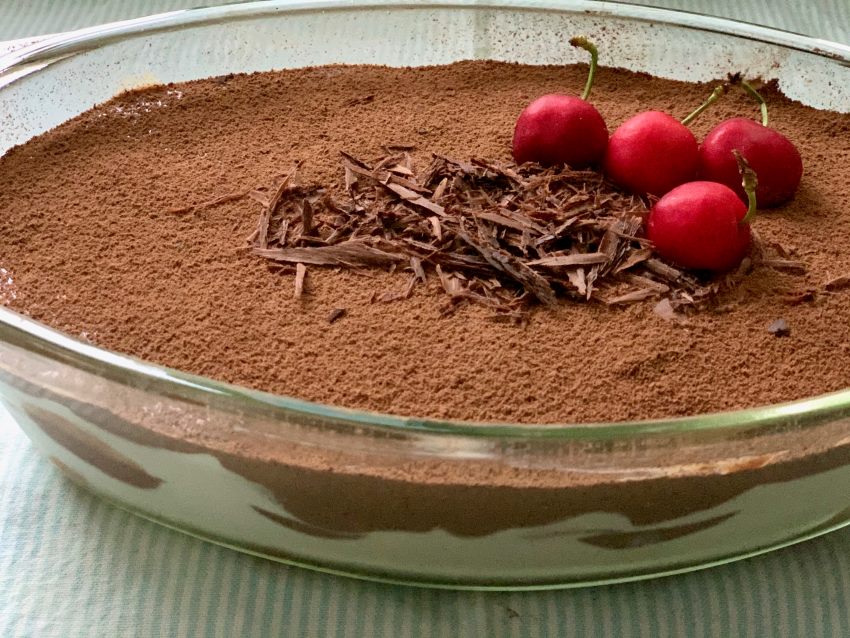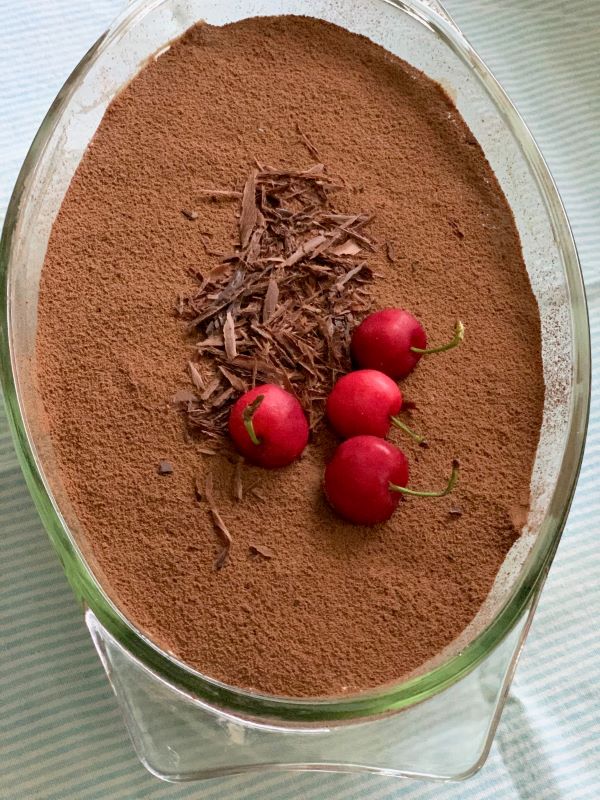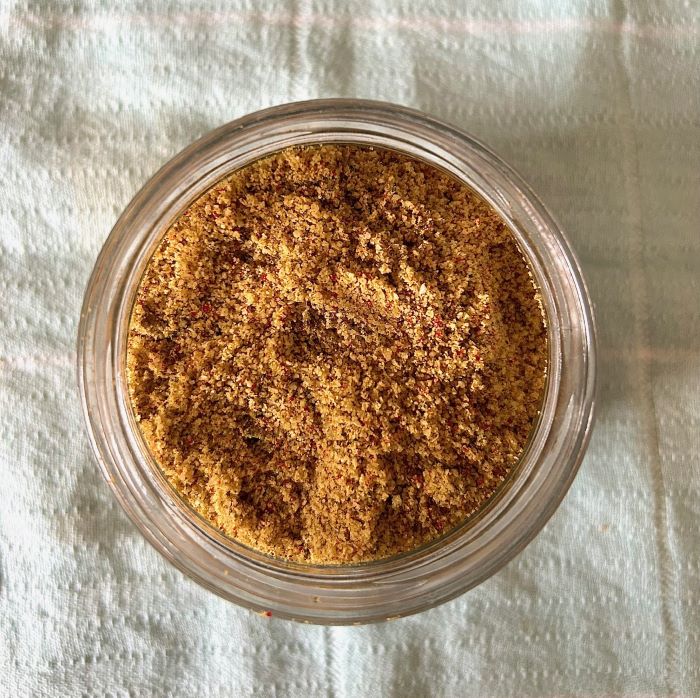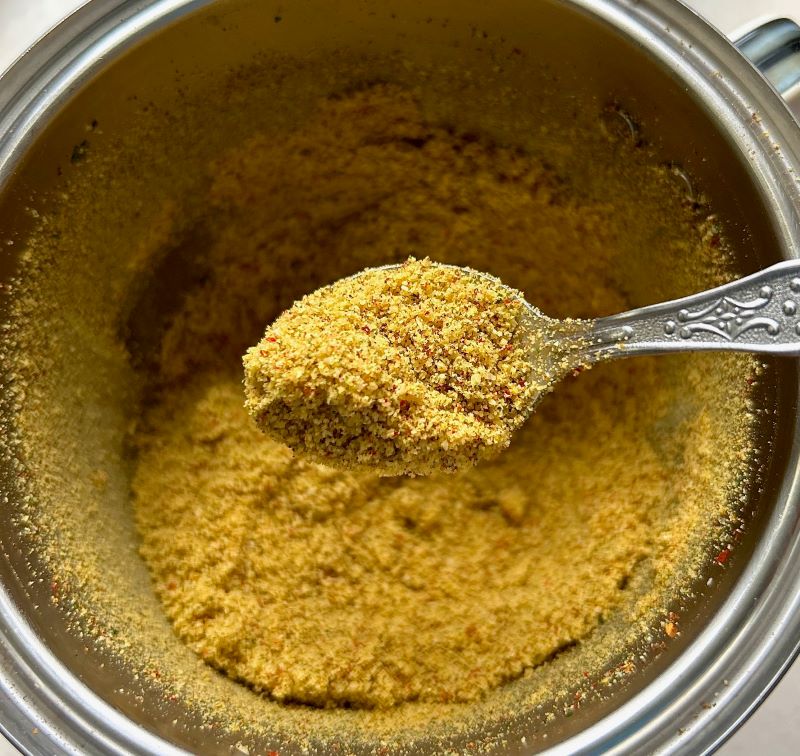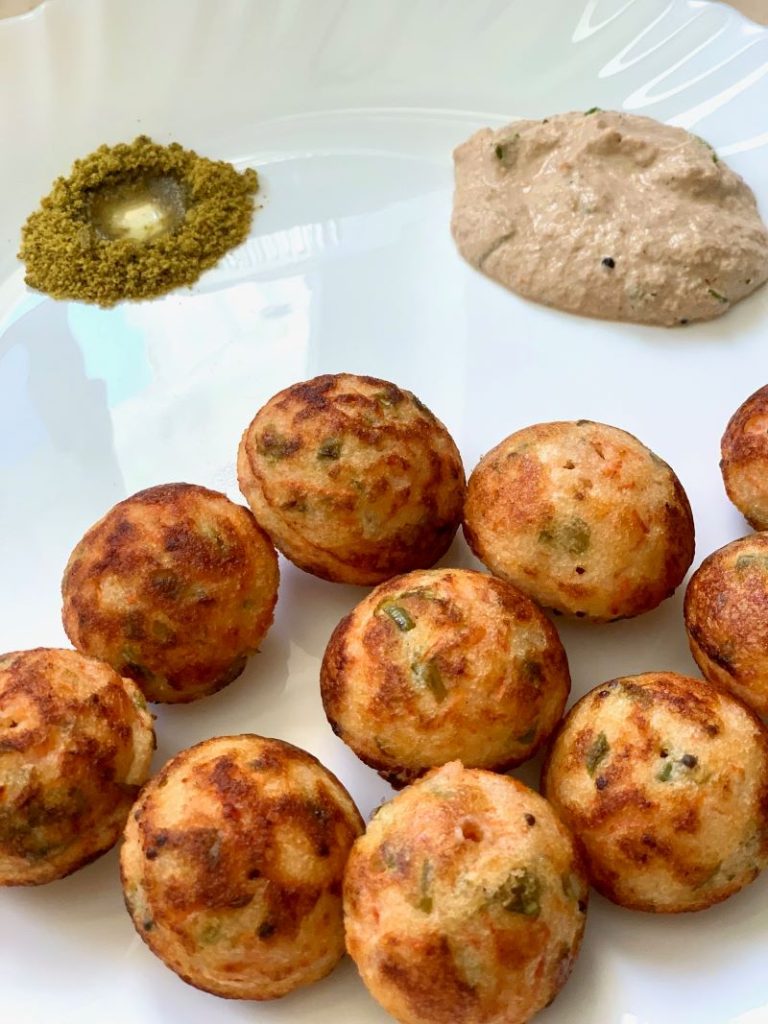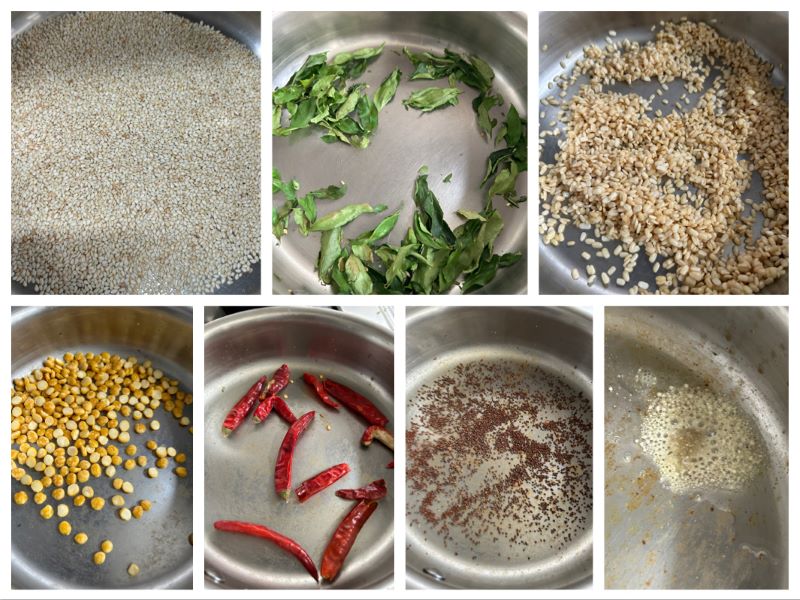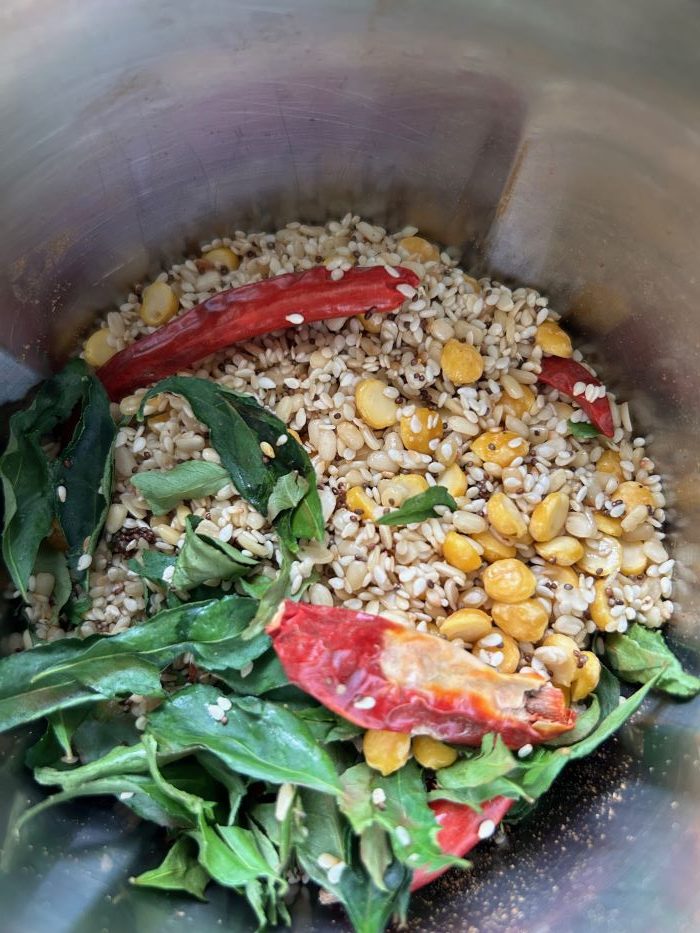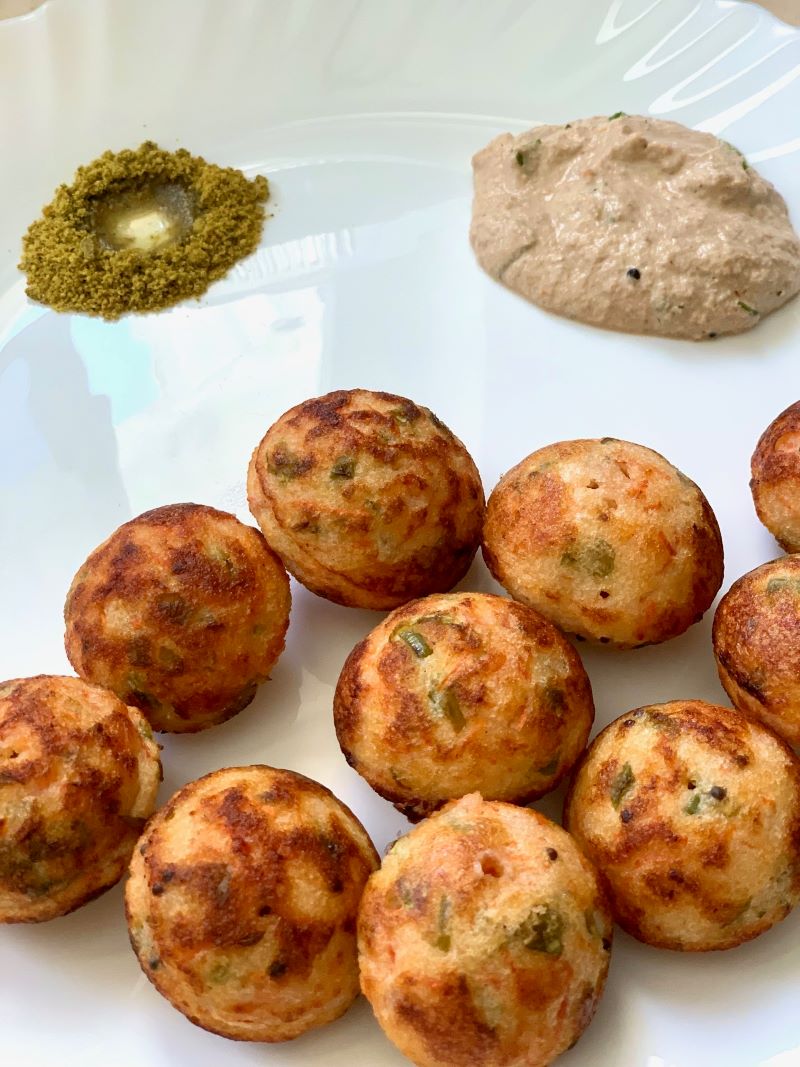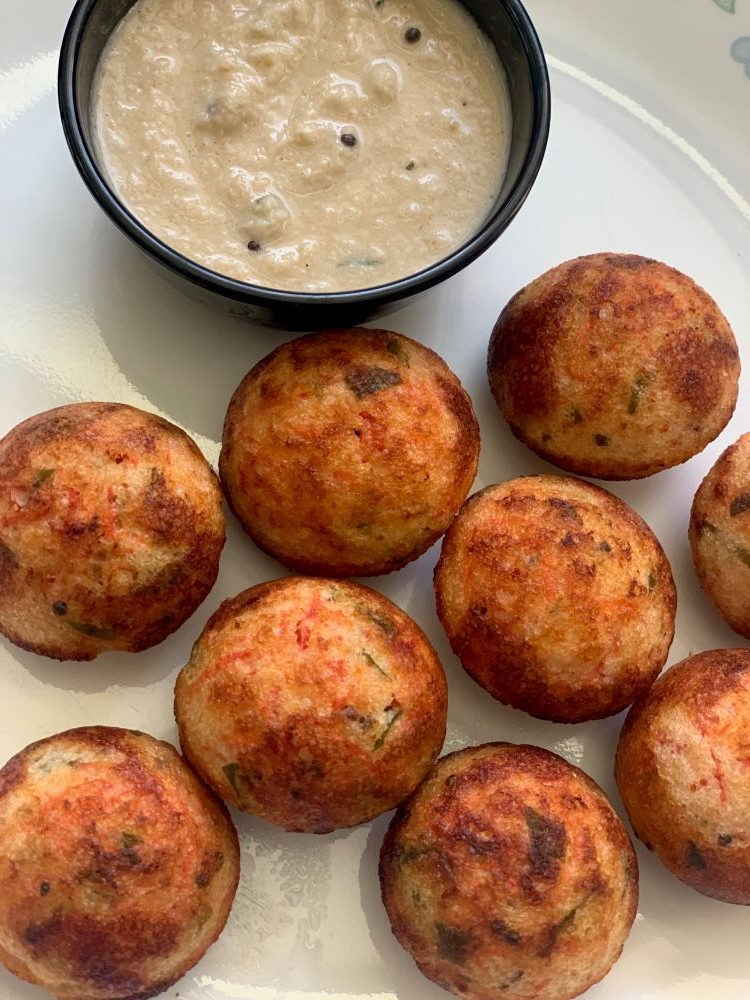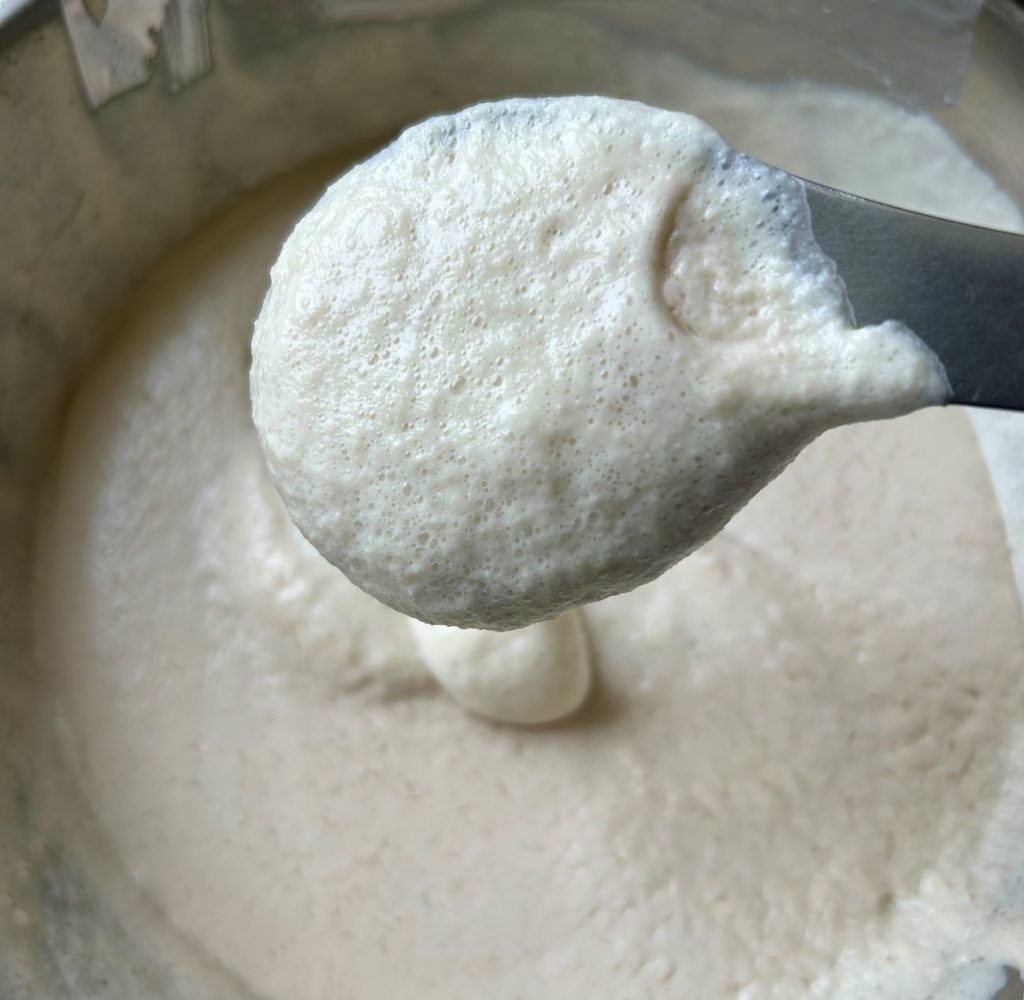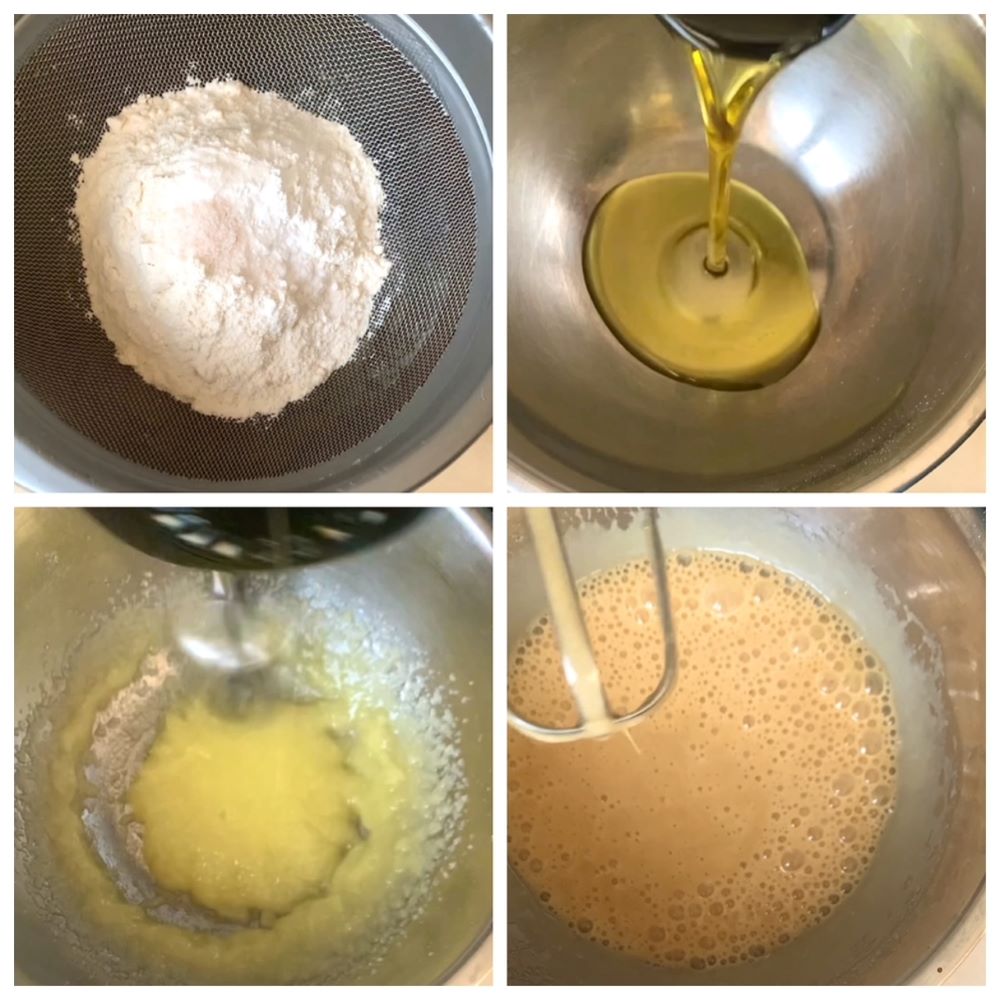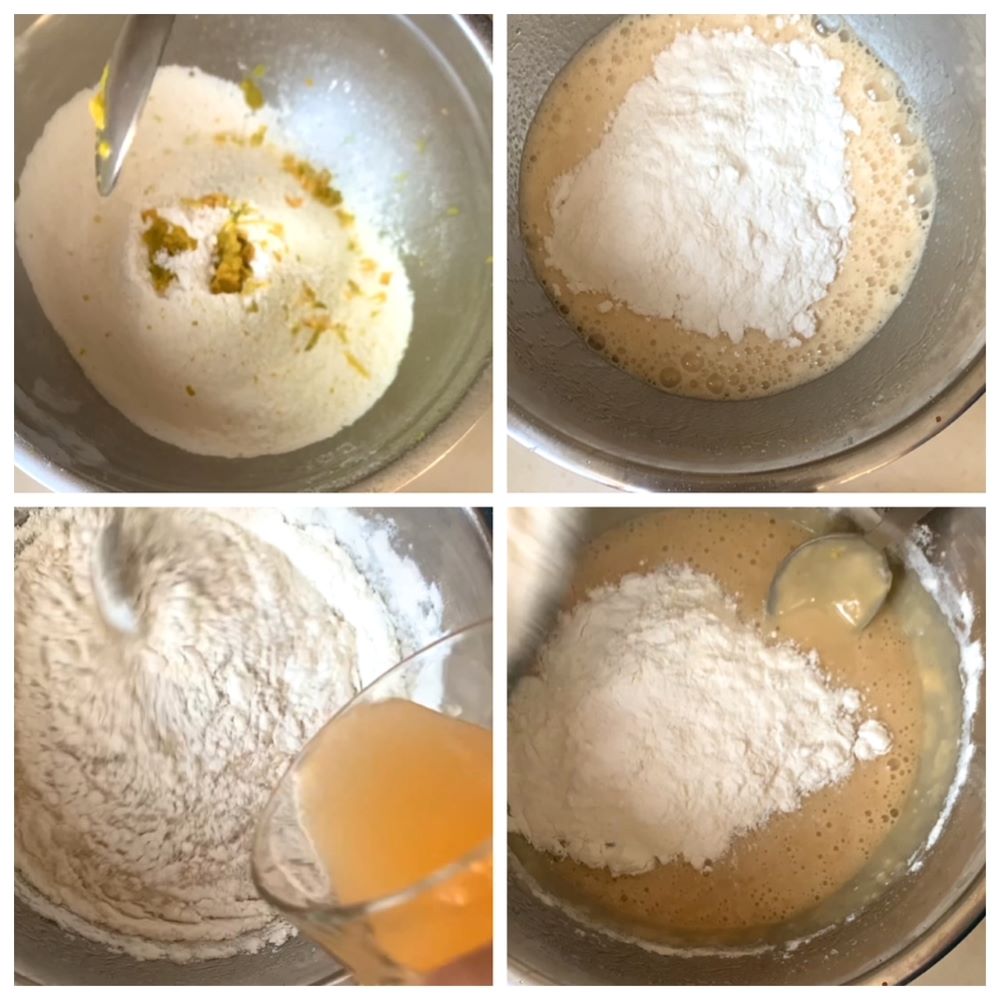
Orange Olive Oil Cake is one of my favourite desserts. I mean who doesn’t like citrus flavours with a bit of sweetness. It is loaded with bright citrus flavour from orange and super moist texture from olive oil. This cake is so easy to make. It can be served with a sprinkle of powdered sugar or with a simple orange glaze or just as it is. It pairs beautifully with a coffee or espresso, doesn’t require any complicated technique or tools to make it and of course taste absolutely fantastic.
I also happen to adore this Carrot and Orange Cake and this healthy Wholewheat Jaggery Banana Tea Cake.
Olive Oil cakes gained an overnight popularity some years back when Kylie Jenner shared it on Instagram. Since then, the whole olive oil cake thing took on a whole life of its own and EVERYONE started baking olive oil cakes. There are tons of recipes on the internet but most of them use a lot of olive oil which makes the flavour too strong and the texture of the cake a bit too greasy. I prefer this recipe as there is a good balance of fat from olive oil and freshness from oranges.
Does Olive Oil Cake taste like Olive Oil?
Olive oil cakes do not taste like olive oil. Infact it is there just to add richness and moisture to the cake. It gives cakes a wonderfully moist texture and a light, subtle flavour that pairs perfectly with other ingredients like fresh fruit and nuts. It is also a much healthy alternative to store-bought butter as it is rich in antioxidants and packed with good fats. It is great for people avoiding dairy or people who are lactose intolerant. You’ll want to use good quality extra virgin olive for this recipe or else you might just end up with an oily cake.
Ingredients Needed
For this Orange Olive Oil cake, you will need the following ingredients (exact quantities are provided in the recipe with step-by step instructions are below):
Olive oil: Of course! I used cold pressed extra virgin olive oil for this recipe.
Fresh Unsweetened Orange Juice and Orange Zest: Fresh juice is always better than canned ones. It tastes better and is definitely a much healthier option than store-bought ones. You can use any orange.
Flour: I used a mix of wholewheat flour and all purpose flour. You can bake it with just all purpose flour alone or with just whole wheat flour. I have tried this cake with just wholewheat flour. The taste is excellent but it is slightly denser than the one with all purpose flour. So, I chose a mid way and went with half and half.
Vanilla extract: Go for pure vanilla extract and not the essence. It tastes much better while the latter gives a very synthetic like flavour.
Baking Soda and Baking Powder: These are leavening agents and must be used. Do not use baking soda or powder that is older than 1 year.
Castor Sugar: You can also bake this cake with unprocessed sugar like palm sugar or coconut sugar. But do remember that this will alter the taste a bit because palm sugar does have an earthy and a rustic taste. I prefer white castor sugar for this recipe.
Salt: Salt balances and accentuates the sweetness of the cake
Eggs: Eggs bring in that much needed texture, lightness and fluffiness. However, if you do not want to use eggs then substitute 1 egg with flaxmeal. 1 tsp ground roasted flaxseeds in 4 tbsps water. Let it sit for 10 minutes. Use this mixture in place of egg or use 1/4th cup of Greek yogurt for 1 egg. So, if the recipe calls for 2 eggs, then you will need half a cup or Greek yogurt.
Cornstarch: This helps reduce the protein content in the flour, making the cake more tender. In some countries it is called cornflour.
Now, let’s see the full recipe
Recipe
Ingredients: cup measurements 250 grams
Wet Ingredients
- Olive Oil: 1/4th cup
- Orange Juice: 125 ml
- Sugar: 1/3rd cup (I do not like too sweet cakes. You can use 1/2 cup sugar if prefer sweeter
- Eggs 2 large
- Vanilla Extract: 1/2 tsp
- Orange Zest: 1 tbsp
Dry Ingredients
- Wholewheat flour: 1/2 cup
- All Purpose Flour: 1/2 cup
- Salt: 1/4th tsp
- Baking Soda: 1/2 tsp
- Baking Powder: 1/2 tsp
- Cornstarch: 1 tbsp
Instructions
- Pre-heat oven to 180 C and line a 6” round pan with a parchment paper.
- In a large bowl add olive oil and castor sugar. Whisk till well combined. Then add eggs one by one and whisk till it becomes foamy.
- Now add vanilla extract and whisk again for a minute.
- Sift in all the dry ingredients in a pan. Add orange zest and mix until well combined.
- Now add dry ingredients to wet ingredients in batches. Keep alternating between dry ingredients and orange juice. Add one batch of dry ingredients followed by little orange juice and then gently fold till combined. Keep repeating till all the dry ingredients are used up and the batter is well combined. Do not over mix the batter.
- Pour the batter into a prepared pan. Tap on the counter 2 or 3 times to clear air pockets.
- Bake in the preheated oven for 40 minutes or till toothpick inserted at the centre comes out clean with moist crumbs attached.
- Allow it to cool in the pan for 10 minutes then demould by running a knife along the edges. The cake will come out smoothly.
- Allow it to cool completely on wire rack before dusting it with powdered sugar or glazing it.
- Note: This cake stays fresh at room temperature for 2 days. Wrap it with butter paper and store it in a container with a lid.
Do give this recipe a shot. You do not need another orange cake recipe after this one, I promise. If you try this recipe, do give us a shout out. Just click a picture and tag us on @masala.monk or use the hashtag #MasalaMonkRecipe and share on Instagram and Facebook. We would love to hear from you. 🙂


